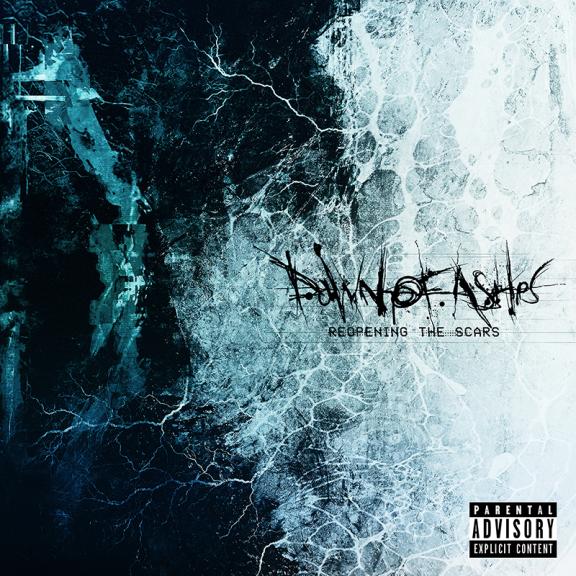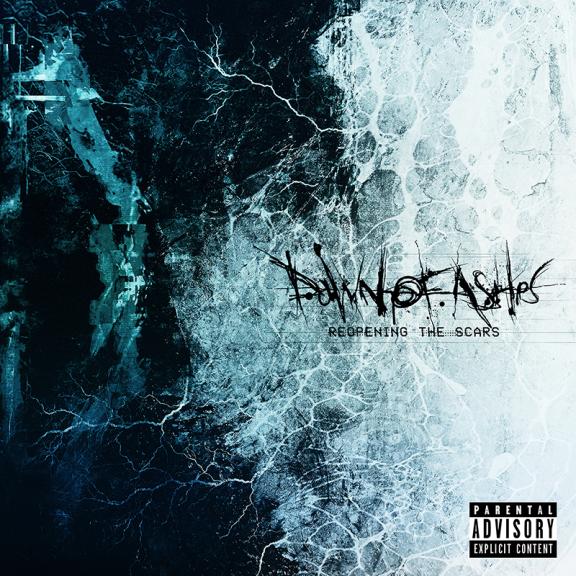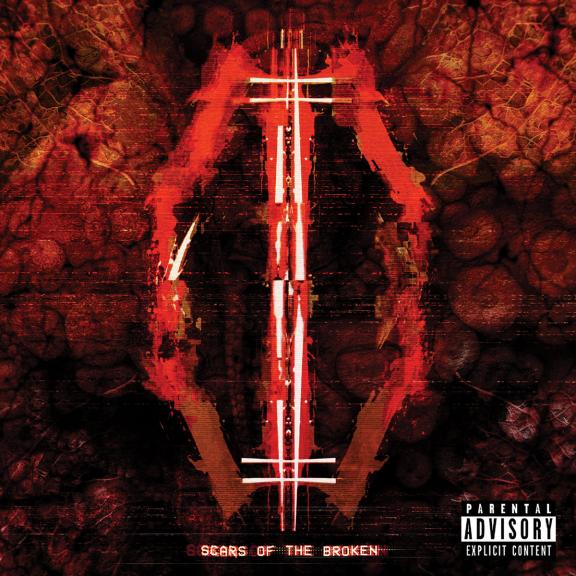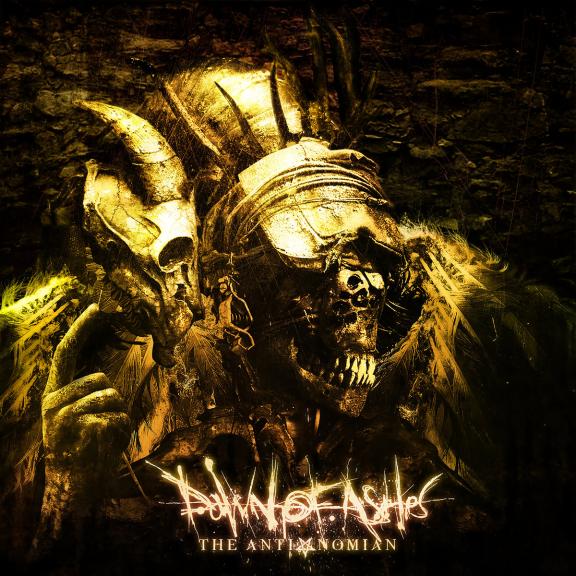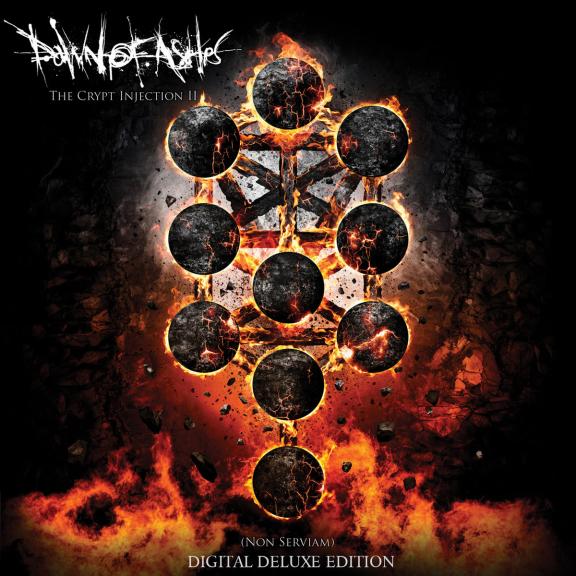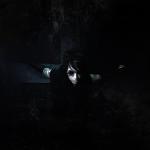Two years ago, with Scars of the Broken, Dawn of Ashes presented a more bitter and depressive side to their music, blending industrial, extreme metal and a sense of theatricality. As for Kristof Bathory's project, the change of label (from Artoffact to Metropolis) has not been accompanied by a new state of mind: it's now time to reopen the scars, with a new album that can be seen as the direct follow-up to its predecessor.
But should we really be talking about continuity? It's true that Dawn of Ashes haven't exactly put a smile back on their faces in two years - you only have to listen to the guttural, low vocals, oozing with despair, to realise that. And yet, right from the introduction, it's clear that the emphasis has always been on atmospheric layers. Kristof Bathory has embarked on dark ambient experiments alongside Dawn of Ashes, and you can hear it: the theatrical grandiloquence is still there, but the ambiences are more ghostly than ever, with patches of misty desolation adding their melancholy to the tracks (Anhedonia, Reflection of the Damned) or haunting gloomy instrumental transitions (Lifeless in Misanthropy, The Grey Light). Having dabbled in a wide range of genres, from aggrotech to symphonic death metal, Dawn of Ashes add another string to their bow and bring a new depth to the sound, a more emphasised cinematic touch that supports the feeling of being lost among the ruins of a shattered world.
Synthesizers once again play a more prominent role on Dawn of Ashes: following on from Scars of the Broken, Reopening the Scars is an album where electronics take over from guitars, imposing their implacable clinical coldness. But don't be fooled into thinking that DoA is all about sobriety and minimalism: there's still a sense of the epic and the grandiose (Exsanguination), of grotesque, grimacing borborygms (How Dead is Your Hope and its sticky hypnotic beats), of creeping darkness (The Hollowing and its impressive eight minutes of nightmare). Dawn of Ashes still has a sense of spectacle and gothic orchestration, but it's a bit as if Cradle of Filth, Dimmu Borgir or Carach Angren were now making industrial music, chaining together depressions and anxiety attacks while lost in the coldness of the cosmos.
With Reopneing the Scars, Kristof Bathory blends his intimate sufferings with a decorum of horrific science fiction and pure terror. Full of bitterness and distress, the album is adorned with ornaments and emphases that, rather than distracting attention from the catharsis, make it all the more flamboyant in its opaque darkness.

